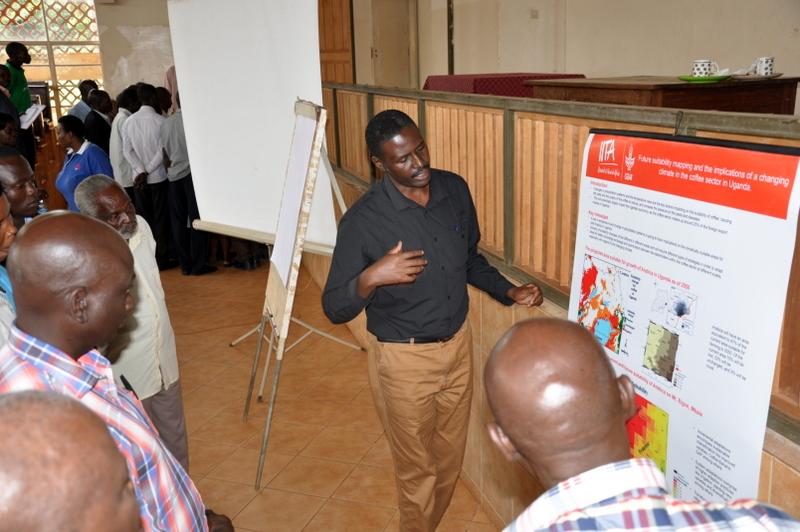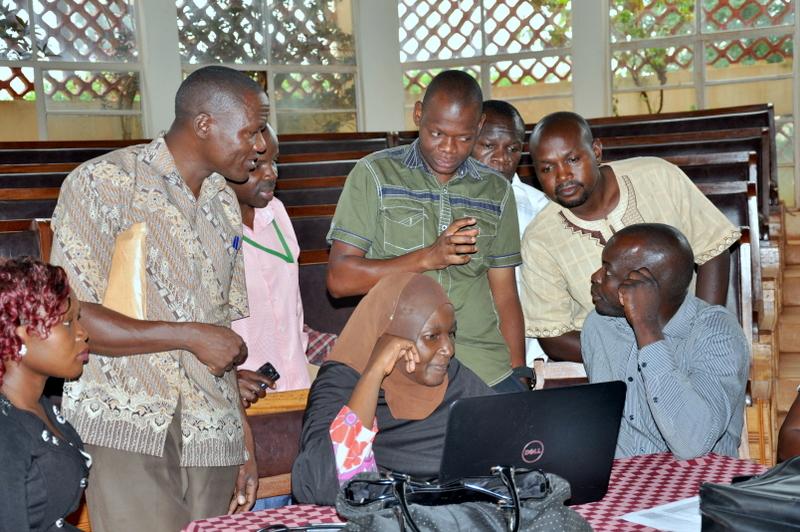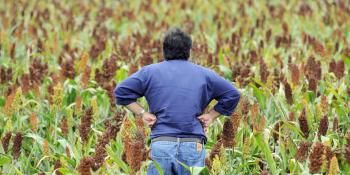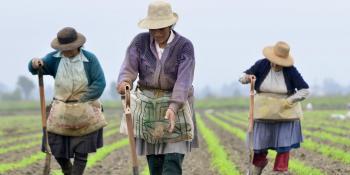Linking local institutions in Uganda for collective action on climate change
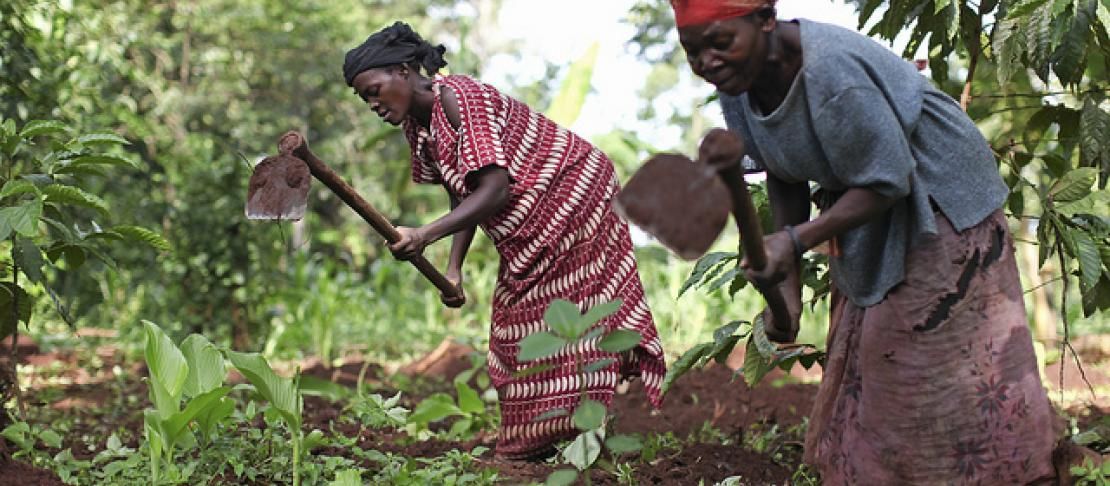
A newly launched district level platform aims to prioritize local climate-smart agriculture options
It is critical to bring diverse stakeholders together to provide insights into how climate change might worsen existing areas of concern or create new challenges. Such collaboration is also critical for identifying relevant strategies to build resilience and for ensuring that solutions are contextually relevant.
Climate change actors, including local government, researchers, farmer groups, media, academia, non-government organizations, and development partners in Mbale district, Uganda, recently met at the District Council Hall to launch the Mbale District Climate Change Learning Alliance and formulate this kind of stakeholder group.
The meeting was organized on 29 – 30 June, 2016 by the District Local Government in partnership with the Policy Action for Climate Change Adaptation (PACCA) project and the USAID-supported Enhancing Climate-Resilience of Agricultural Livelihoods project. The aim was to increase awareness on climate change and agriculture policy issues and to engage stakeholders in collective adaptation planning at the district level.
Local stakeholders discuss priorities for three agro-ecological zones during a local learning alliance meeting in Mbale, Uganda. Photo: F. Okiror
PACCA is an activity of the CGIAR Research Program on Climate Change, Agriculture and Food Security (CCAFS) that adopts a learning alliance model as a means of climate change knowledge exchange and capacity building of stakeholders. The knowledge acquired is used to engage policy decision-makers so that they enact policies and implement strategies that are climate resilient.
While launching the platform, Paul Walakira, the Mbale district Chief Administrative Officer said,
“I am glad that the learning alliance brings together different stakeholders to tackle climate change.”
He also noted that they should use their positions to help people adapt to the challenge of a changing climate.
Stakeholders identified three agro-ecological zones for Mbale district (highland, midland, and lowland), and prioritized three key enterprises for each zone. Coffee, bananas, and horticulture were priority for the highland zone; coffee, beans, and bananas for the midlands; and maize, beans, and cattle for the lowlands.
Learning alliance members debate priorities for climate-smart agriculture options. Photo: F. Okiror
They also provided insights on how climate change affects these enterprises. For example, coffee farmers are earning lower incomes due to suppressed yields as a result of abortion of flowers and fruits, high incidence of pests and diseases, water and nutrient stress, as well as poor quality of coffee beans.
Discussions were also held to identify constraints, possible solutions and opportunities available for the priority enterprises. Other areas of discussion included the role of natural resources, policies and norms that affect the enterprises, and actions to scale out the enterprises.
This approach to adaptation planning enables the district to work with various stakeholders to identify and prioritize a basket of climate-smart agriculture options for the different livelihood zones in the district.
This is the fourth such alliance to be formed in Uganda under the PACCA project, which is implemented by the International Institute for Tropical Agriculture (IITA), International Center for Tropical Agriculture (CIAT), and International Livestock Research Institute (ILRI), as well as local public and non-state partners in Uganda and Tanzania.
Similar meetings of learning alliances have been established for the districts of Nwoya, Luweero, and Rakai. The priorities have been integrated in the district development plans for 2016–2020. District learning alliances play a key role of feeding the national level learning alliances with evidence generated from the local level and the various policy needs that require attention at implementation level.
Related stories:
Meeting platform for better climate policy creation kicked into gear in Uganda
Nwoya District learning alliance provides an opportunity for inclusive climate change local planning
John Francis Okiror is a Communication Intern with the PACCA project at IITA.
Interested in policies and institutions for climate-resilient food systems? Subscribe to our newsletter.

